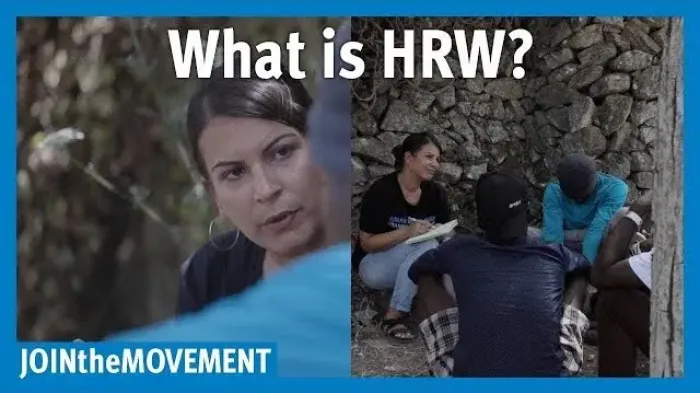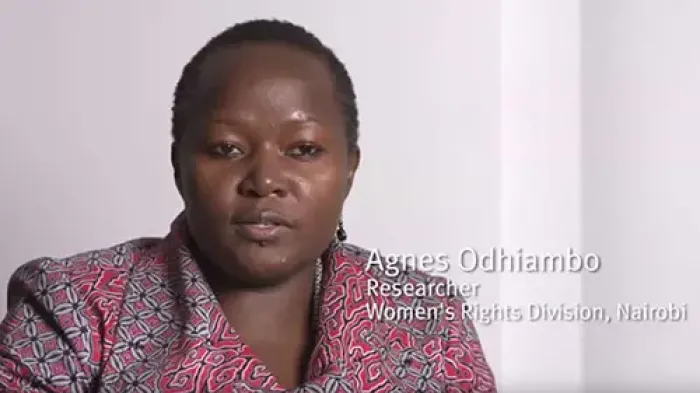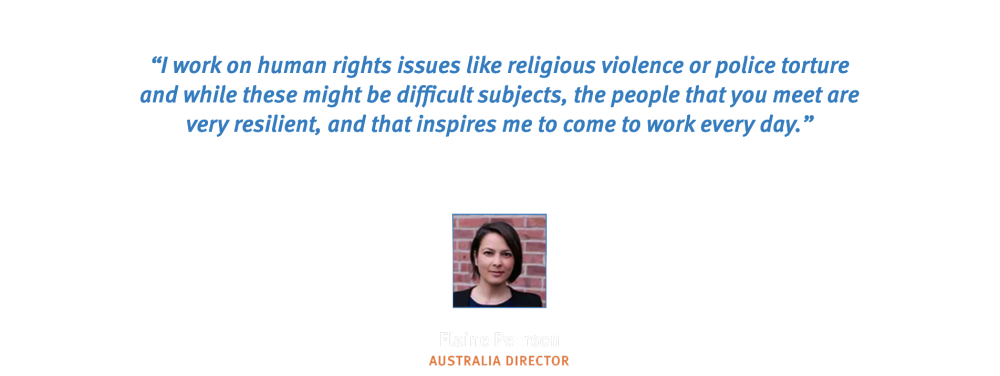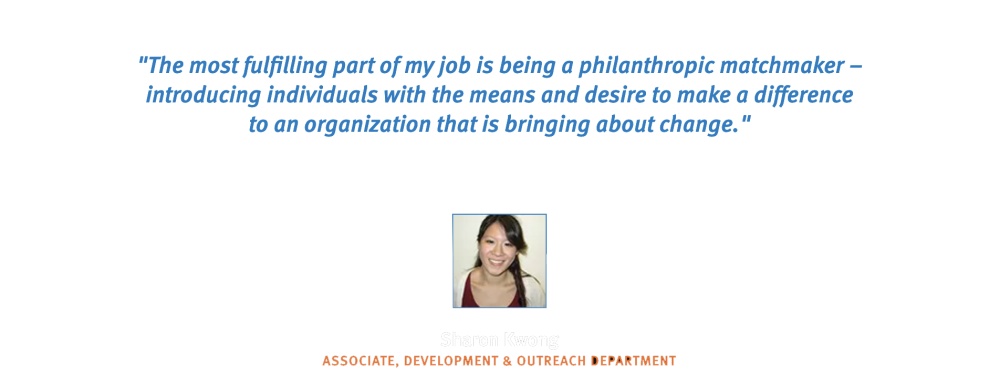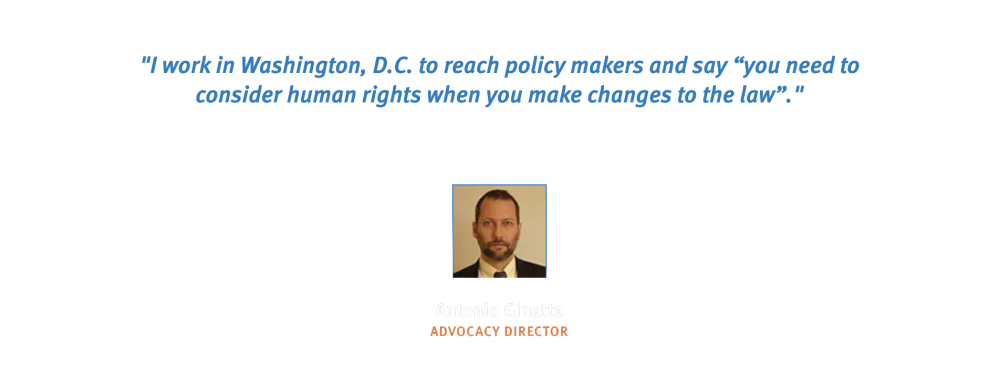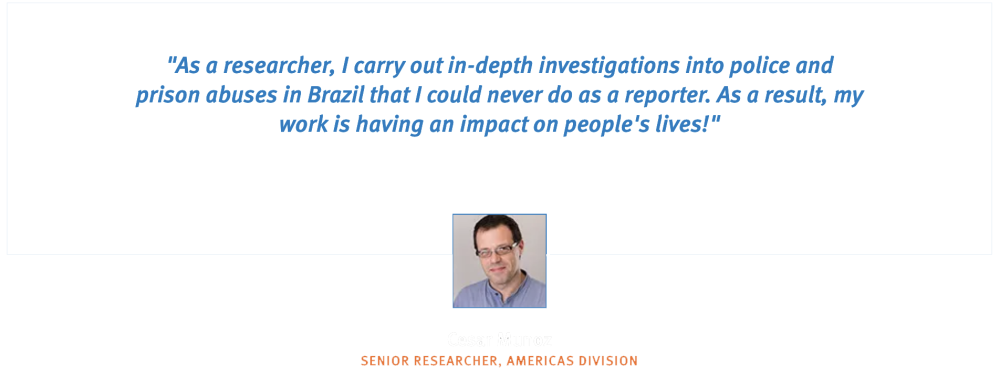Careers
We are Defenders of Humanity’s Most Fundamental Values
Join our dedicated and diverse team!
We Scrupulously Investigate Abuses, Expose the Facts Widely, and Pressure Those With Power to Respect Rights and Secure Justice
Human Rights Watch is an independent, international organization that works as part of a vibrant movement to uphold human dignity and advance the cause of human rights for all. Our staff consists of human rights professionals including country experts, lawyers, journalists, and academics of diverse backgrounds and nationalities.
The Candidate We Are Looking For
We are looking for candidates that are passionate about human rights, who are determined to make an impact on people’s lives around the world. Joining Human Rights Watch means being a part of a dedicated and diverse team committed to the protection and preservation of international human rights.
Read FAQs
Our Mission & Values Guide Us
We advance human rights worldwide. We investigate wrongs, expose the facts, offer solutions, and pressure those with power to respect rights. We collaborate with people claiming their rights, learn from partners, and engage the public. Human Rights Watch upholds the freedoms and defends the protections that promote dignity, equality, and justice. Human Rights Watch is anchored by Guiding Principles that orient us in the world and by Core Values that inform our standards, practices, and treatment of one another.
Our Voices
Benefits of Joining the HRW Team
We couldn’t achieve our mission without our employees and the work that they do everyday. This is why we strive to support them in every way possible. We offer our employees a comprehensive total compensation package:
- Competitive Salaries
- Employer-paid Health Insurance for you and your family
- Paid Time Off
- Life Insurance
- Rich Retirement Savings Contributions
- Wellness Resources
Our Learning and Training Opportunities
To help our employees excel, we provide a variety of training opportunities and in-house events. We organize team retreats, workshops, and mentor programs to help our employees connect, network and learn from each other!
